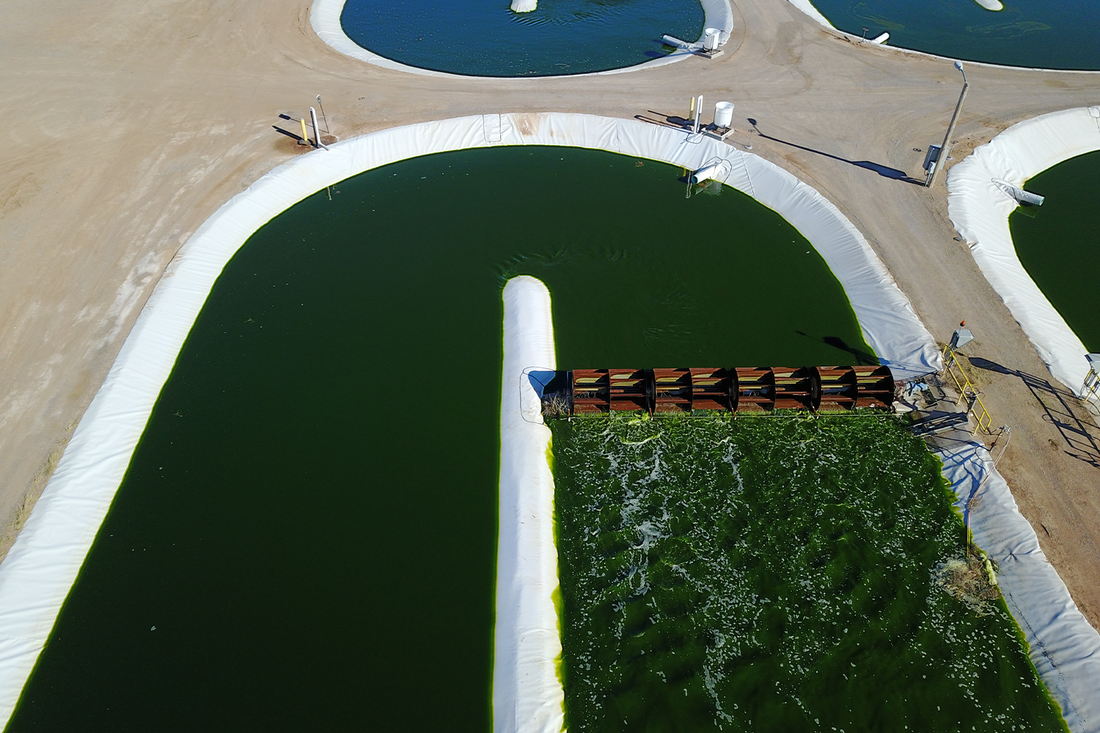Each day it becomes increasingly important to consider our role in supporting the planet. Many consumers are turning toward making more sustainable choices in their daily routines. However, it is easier to make more sustainable choices in some areas of our lives compared to others, as sustainable options are not always available.
For example, when it comes to packaging, there is conflicting information about what sort of food packaging has the lowest eco footprint. However, looking for a supplement made using sustainable methods can help to reduce your impact on the environment and encourage more companies to engage in more sustainable practices altogether.
Choosing a sustainable supplement allows you to get the nutrients you need daily while also feeling good about your choices.
What Makes a Supplement Sustainable?

There are many practices that a company can engage in that can make a supplement sustainable. A sustainable supplement should consider the environment's impact throughout the production process. This would include practices such as minimizing energy usage and reducing the waste of essential resources, like freshwater. Even better than minimizing energy usage is using renewable energy sources to reduce the environmental impact.
Also, of course, the sourcing of the ingredients makes a significant difference. Ingredients that require extensive carbon emissions or energy practices will be far less sustainable than some alternatives. Companies should strive to use ingredients with a production process that minimizes its impact on the planet.
Sustainable supplements also use different packaging than others. Certain types of packaging are particularly bad for the environment, with the main problem being plastic. Plastic takes longer to degrade than other materials remaining in the environment for hundreds to even a thousand years. Not only do they remain in the environment for a very long time, but the plastic manufacturing process is just as harmful, emitting greenhouse gasesinto the atmosphere.
Governments have even started to ban single-use plastic bags to avoid releasing more harmful materials into the environment. Alternative choices, like paper, are far better for the environment and break down much more easily. Supplements that have started to make the switch have demonstrated their commitment to protecting the planet. At the same time, using recyclable materials in packaging also helps to reduce the carbon footprint.
On the other hand, a few practices cause some supplements to be less sustainable than others. For example, many supplements are made using products derived from animals, and animal products put more strain on the environment, making them largely unsustainable. Capsules that serve as the casing for nutritional supplements often contain gelatin made from animal bones and tissues.
What Should I Look for in a Supplement?
There are a few signs to look for if you are looking for a supplement that uses sustainable production methods. By holding your supplement up to certain criteria, you do two things — the first is minimizing your environmental impact, and the second is encouraging companies to be more sustainable.
More people choosing to buy from companies prioritizing sustainability means that companies need to uphold specific standards to earn business, making other companies switch to more sustainable practices. The next time you weigh which supplements to choose from, consider the following questions:
- What ingredients are used in the supplement?
- How is the supplement sourced?
- Is it plant-based?
- What production practices are used?
- What resources are used during the production process?
- How is the product packaged?
What Is a Good Example of a Sustainable Supplement?
An excellent example of a sustainable supplement is iwi life’s omega-3 supplement, along with the other related supplements available in iwi life’s family of products. Omega-3s are polyunsaturated fatty acids that are essential for forming cells in the body and providing energy. However, these nutrients cannot be produced by the body, so you need to obtain them from external sources.
As a completely algae-based supplement, iwi life helps to avoid depleting the ocean’s natural resources, unlike other sources of omega-3s. Choosing algae as an alternative source of omega-3s compared to fish, fish oil, or krill oil helps to preserve these valuable creatures.
Algae is also far more efficient than these other sources of omega-3 and has the potential to make them obsolete. Omega-3s from iwi life algae can be absorbed over 1.7X better by the body compared to other sources of omega-3.
Consequently, iwi life can produce one year’s supply of omega-3 fatty acids in just 7.2 lbs of algae, enough for 360 softgels of iwi life’s omega-3 supplement. This one-year supply is equivalent to 110 fish or an astounding 13,600 krill. Choosing algae as a source of omega-3s can save hundreds to thousands of valuable ocean lives which play critical roles in the delicate food web.
Algae is also protein-rich and, in the same amount of land, can produce seven times as much protein as soybeans. iwi life algae produces around 300 times the number of amino acids per acre compared to traditional pea farming. Since around 70% of the world’s freshwater goes to growing crops and raising livestock, it is crucial to minimize their use and find more efficient sources of nutrition as much as possible.
iwi life is completely plant-based, meaning that no animals are used in any part of the process. Since iwi life is based with algae, it is far more sustainable than products with animal-based ingredients. Algae can be grown using very minimal resources on very small amounts of land without contributing to the unsustainable practices of animal farming.
Why Is iwi life Different?
iwi life is not only more sustainable than the alternative options for obtaining omega-3 fatty acids in your diet, but it uses sustainable initiatives to guide its production every step of the way. The production process for iwi life’s algae makes it easy to preserve several vital resources.
Producing iwi life’s Nannochloropsis algae requires only sunlight, CO2, and brackish, salty water with some nutrients added. In addition to the minimal resources that iwi life algae production uses, it is produced on the outskirts of the desert, which means it uses land that would otherwise go unused. As a result, iwi life uses no freshwater and no soil in its process, saving these necessary but finite resources for other important crops and products.
iwi life also works hard to preserve the resources that it does use. One clear example is how iwi life recycles at least 97% of the saltwater that passes through the harvesting system. When choosing iwi life products, you can trust that you are using a supplement with a commitment to supporting the environment's health.
When you buy from iwi life, you can choose to reduce your waste with our packaging methods. Our supplement bottles are completely recyclable, making them more sustainable, but we also make them very simple to reuse. You can buy a bottle of iwi life softgels once, giving you a one-month supply, and simply refill your bottle by buying new softgels in a paper pouch.
In just the first few months, this switch saved at least 130,000 bottles. The packaging is just as effective at preserving the supplement’s freshness, but it releases less waste into the environment.
Add a Sustainable Supplement to Your Diet
More and more people will continue to turn to sustainable choices in the near future. Promote your health without weighing on your conscience — choose a supplement that can bring you valuable nutrients as well as peace of mind. iwi life strives to serve as a model for sustainable supplements. To learn more about iwi life’s sustainability practices, you can visit our sustainability page.
To start including the benefits of omega-3 fatty acids in your daily nutrition, try iwi life’s omega-3 supplement. These important nutrients serve a wide range of benefits for your overall health and well-being. Explore iwi life’s complete family of products to see the potential benefits you can receive.
Sources:
Packaging waste 101: the problem | EDF
Experts say algae is the food of the future. Here's why. | CNN
















